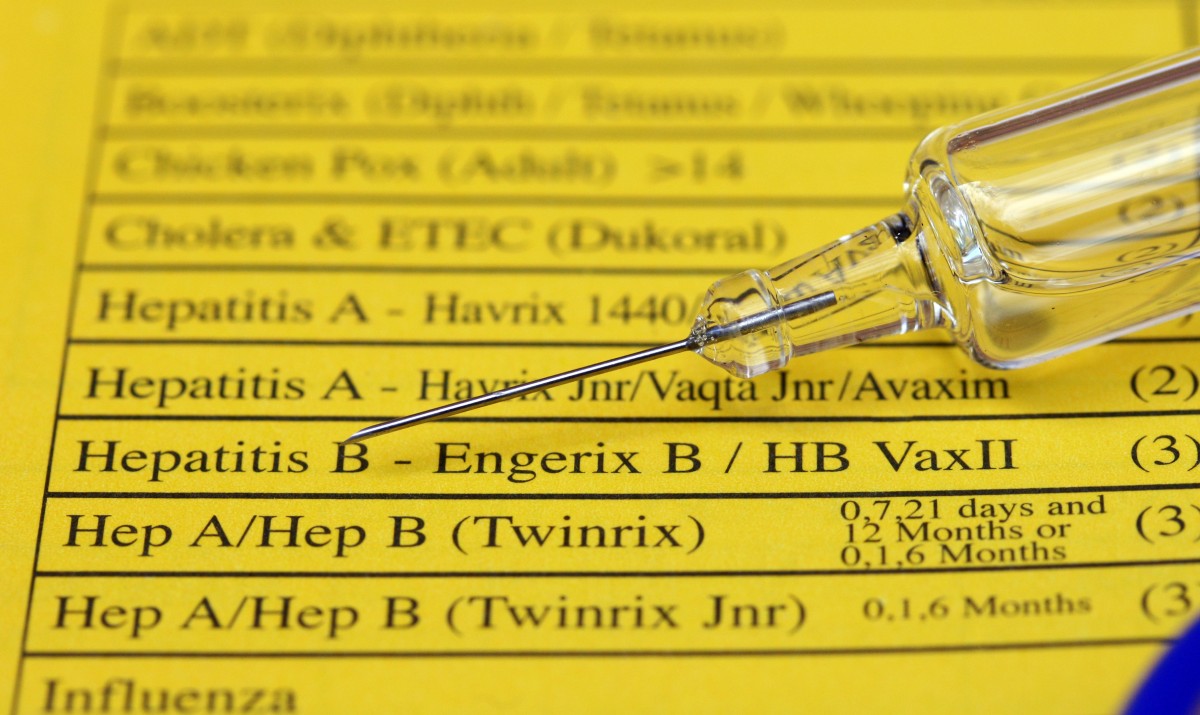Hepatitis B (HBV) is a viral infection that affects the liver, causing inflammation and potentially leading to long-term complications such as liver cancer, cirrhosis, and liver failure. The disease disproportionately impacts certain populations, particularly in Asia, where it is endemic.
Hepatitis B is endemic in many parts of Asia, with a prevalence of up to 10% in some countries. This makes it a major public health issue in the region. Apart from regionally, It is also one of the most common infectious diseases in the world, with an estimated 292 million people living with chronic hepatitis B (CHB) infection globally in 2019.
HBV Transmission
Hepatitis B virus (HBV) infection is a major global health problem, with an estimated 257 million individuals living with CHB infection in the Asia-Pacific region alone. In fact, the prevalence of chronic hepatitis B in some Asian countries is as high as 10%. Furthermore, approximately 780,000 people die each year from complications related to hepatitis B, such as liver cirrhosis and liver cancer. HBV is transmitted in numerous ways:
- With infected blood or bodily fluids (Including semen and vaginal fluids) from an infected person.
- From mother to baby during childbirth
- Through the sharing of contaminated needles or razors.
- Sexual transmission (Particularly in areas with high rates of sexually transmitted infections (STIs)).
What Are The Symptoms of Hepatitis B?
- Fever
- Fatigue
- Loss of appetite
- Nausea
- Vomiting
- Abdominal pain
- Jaundice (yellowing of the skin and eyes)
However, many people with acute HBV infection are asymptomatic, making it difficult to diagnose the disease. Chronic HBV infection can be asymptomatic for decades, but over time it can cause serious liver damage and increase the risk of liver cancer.
Treatments For HBV
While there is no cure for HBV, there are several treatment options available that can help manage the virus and reduce the risk of complications. Treatment for HBV depends on the stage and severity of the disease, as well as other factors such as the patient’s age and overall health.
Antiviral medications are the mainstay of HBV treatment. These medications include interferon and nucleoside/nucleotide analogues (NAs), which can suppress viral replication and reduce inflammation. Interferon is administered as a weekly injection and can be used to treat acute and chronic HBV. Oral medications such as nucleoside/nucleotide analogues (NAs) are used to suppress viral replication in people with chronic HBV. These medications include entecavir, tenofovir, and lamivudine.
Treatment for chronic Hepatitis B typically involves long-term use of antiviral medications to suppress viral replication and reduce the risk of liver damage. Regular monitoring of liver function and viral load is important to assess the effectiveness of treatment and adjust medication dosages if necessary. In some cases, liver transplantation may be necessary in severe cases of liver failure.
In addition to antiviral medications, lifestyle changes can also help manage the disease. This includes:
- Avoiding alcohol
- Maintaining a healthy diet and weight
- Getting regular exercise
Healthcare professionals should monitor individuals with chronic HBV for liver cancer, as they are at an increased risk of developing this condition. Additionally, HBV treatment should be altered to meet the patient’s specific needs and circumstances, as the treatment can be complex. People with HBV should work closely with their healthcare provider to develop a personalized treatment plan that takes into account their medical history, lifestyle, and other factors.
Preventing HBV
The most effective way to prevent HBV infection is through vaccination. The World Health Organization recommends that all infants receive the HBV vaccine as part of routine childhood immunizations. Healthcare professionals recommend adults at risk to get vaccinated as a preventive measure. This includes:
- Healthcare workers,
- People with multiple sex partners
- People who inject drugs
Practising safe sex, avoiding the sharing of needles or other personal items, and getting tested for HBV are also crucial preventative measures. HBV is a serious global health issue, with significant morbidity and mortality rates in Asia and other regions of the world. The disease is preventable and treatable, but early diagnosis and management are critical to achieving good outcomes. To reduce the burden of this disease on those affected, continued efforts are needed to increase awareness and access to vaccination, screening, and treatment for HBV.













